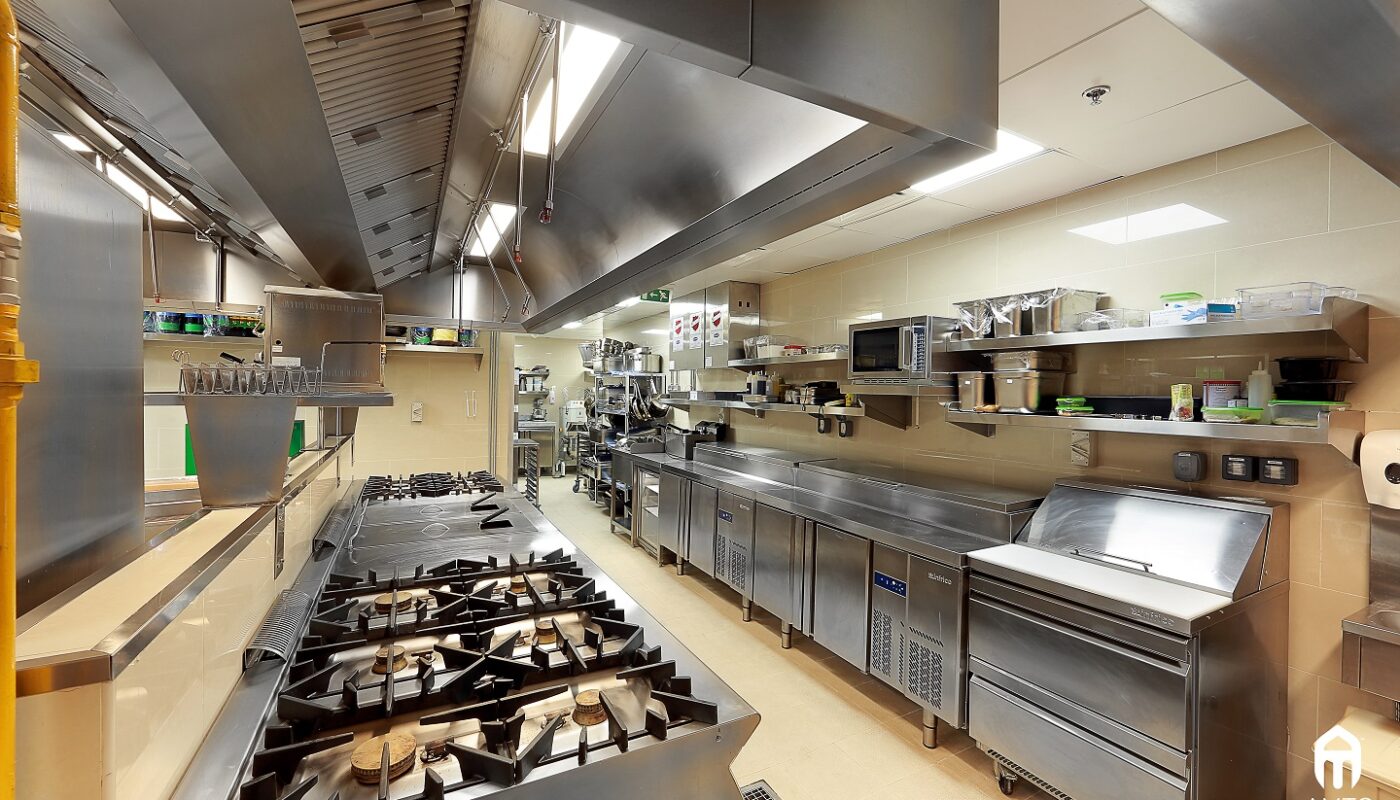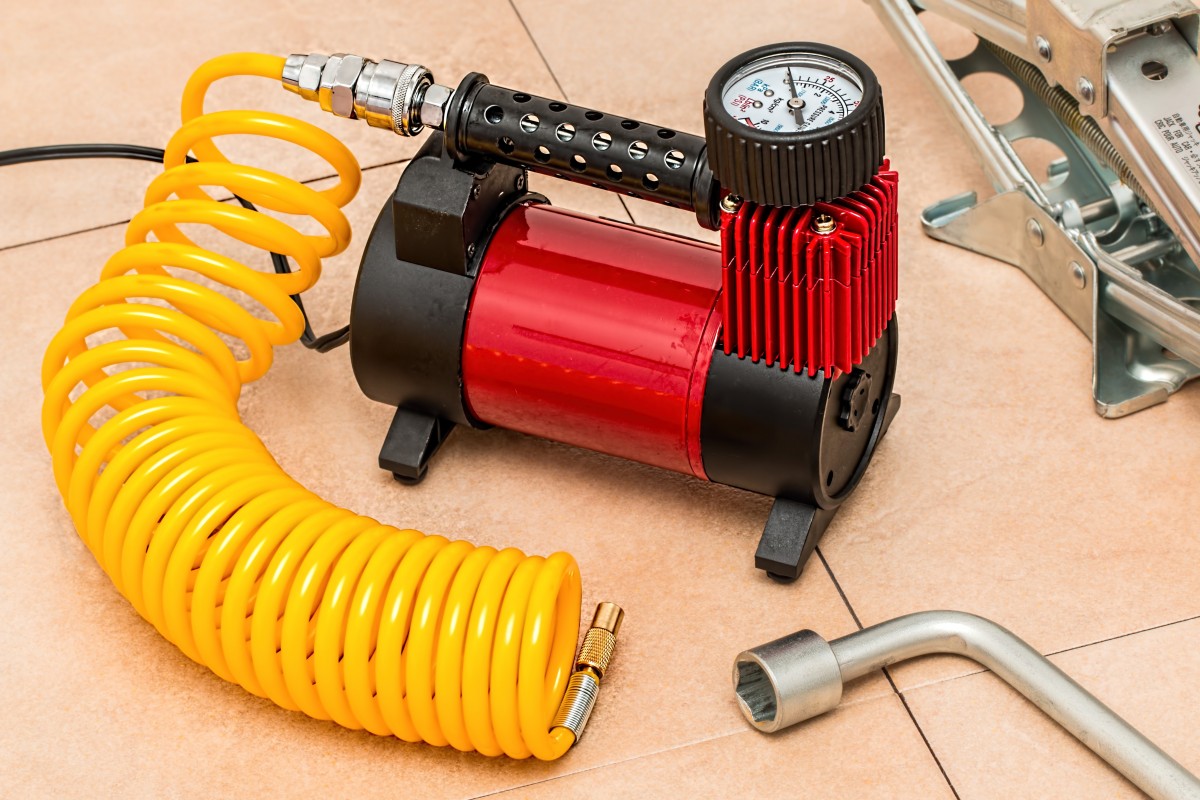The food service industry relies heavily on quality equipment to efficiently operate restaurants, cafeterias, institutional kitchens and other food service businesses. From cooking and holding appliances to cleaning and prep tools, food service equipment forms the backbone of any successful food operation. In this article, we will explore some of the most common and essential types of equipment used in commercial kitchens.
Cooking Equipment
No commercial kitchen is complete without reliable cooking appliances. Cooking equipment allows chefs and line cooks to quickly and effectively prepare menu items. Some of the most widely used cooking equipment includes:
Grills and Griddles: Whether gas or electric, grills and griddles are indispensable for cooking meats, vegetables and toast. They allow for high-volume cooking of foods like hamburgers, steelcut oats and grilled cheese. Proper grills and griddles will efficiently and evenly distribute heat across their cooking surfaces.
Stovetop Ranges: Gas or electric stovetop ranges provide flexible cooking zones perfect for sauces, soups, stir frying and more. Commercial stovetop ranges are built to withstand the rigorous demands of all-day use in high-traffic kitchens. Reliable burners and easily cleaned surfaces are essential.
Convection and Combination Ovens: Food Service Equipment versatile appliances can bake, roast, broil and even rethermalize foods. Convection ovens circulate hot air to quickly cook multiple food items simultaneously. Combination ovens add the versatility of microwave cooking. Both are essential for high-volume operations.
Fryers: Whether deep fryers or pressure fryers, fryers allow chefs to efficiently cook fried foods from chicken to donuts. Proper fryers maintain consistent oil temperatures and feature durable filtration systems to maximize oil life.
Holding and Storage Equipment
Once foods are cooked, quality holding and storage appliances are needed to maintain safe temperatures until serving. This equipment includes:
Hot Holding Cabinets: Glass door or roll-in hot holding cabinets safely maintain cooked foods at proper hot holding temperatures. They prevent foods from drying out and allow for easy viewing of product.
Refrigeration: Commercial refrigeration comes in the form of reach-in or walk-in refrigerators and freezers. Sturdy, temperature controlled refrigeration is crucial for safely storing foods and ingredients.
Slicers, Dicers, Mixers and More
No restaurant kitchen would function smoothly without the versatile small appliances that facilitate food preparation tasks big and small. Consider equipment like:
Food Slicers: Manual or electric slicers efficiently cut meats, cheeses and more into uniform slices with minimal effort.
Food Processors: Powerful processors finely dice, shred, mix and perform countless other tasks in seconds instead of minutes.
Mixers: planetary mixers thoroughly combine ingredients like cake batters while stand mixers handle dough mixing with ease.
Blenders: For smoothies, soups and more, high-powered blenders are a must.
Additional Equipment
Successful restaurant operations also depend on ancillary equipment for tasks like cleaning, serving and cash handling:
Dishwashers: Potent commercial dishwashers are necessary to efficiently clean mountains of dishes without handwashing.
Trash Compactors: To minimize costly waste removal, compactors compact trash for convenient disposal.
Serving Utensils: From pans to trays to implements, quality serving equipment maintains presentation and sanitation standards.
Point of Sale Systems: Integrated POS systems seamlessly handle ordering, payments and inventory management.
A well-equipped commercial kitchen depends on durable, reliable equipment suitable for the high demands of production. With the right tools, any food service operation can efficiently serve customers delicious, fresh meals day after day. Choosing equipment from reputable manufacturers ensures optimal performance that drives business success.
Cleaning and Sanitation
Maintaining an immaculately clean operation is crucial both for food safety regulations and customers’ peace of mind. This takes specialized equipment designed for heavy-duty cleaning tasks:
Dishwashers: Potent commercial dishwashers are necessary to efficiently clean mountains of dishes without handwashing. Large capacity racks and precise temperature controls eliminate all traces of grime.
Pressure Washers: For thorough exterior equipment and surface cleaning, pressure washers blast away baked-on messes with powerful spray.
Floor Scrubbers: Motorized scrubbers effortlessly deep clean large floor areas with variable brush pressures. They remove ingrained dirt that manual mopping misses.
Floor Sinks: To facilitate wet scrub down processes, floor sinks drain used water and cleaning chemicals for safe disposal.
Trash Compactors: To minimize costly waste removal, compactors compact trash for convenient disposal. Front loading avoids messy bin changes.
Chemical Dispensers: Precise dispensing equipment ensures proper dilution of potent cleaning chemicals to guard staff and environment.
Having the right professional cleaning equipment is as vital as your cooking appliances. It protects public health while saving valuable labor hours and cleaning costs long term. Maintaining meticulous hygiene is non-negotiable for restaurants.
Maintenance and Repairs
Even the hardest working commercial equipment requires maintenance to sustain peak performance. Budgeting for regular maintenance helps prevent frequent repairs and unexpected downtime that wreaks havoc on operations. Some key maintenance equipment and services include:
Grease Traps: Periodic grease trap cleaning extracts fats and oils that clog drains before causing plumbing issues.
Exhaust Hood Cleaning: Fire prevention and product quality necessitate frequent exhaust system degreasing for optimal air flow.
Repair Tools: From replacement parts to diagnostic computer systems, being equipped for basic repairs saves repair wait times.
Preventative Service Plans: Affordable maintenance agreements performed by factory-trained technicians catch small issues before they spiral.
Equipment longevity relies on vigilant upkeep. Outsourcing maintenance extends usable lifetime while upholding safety and equipment warranties long term. Factor maintenance budgeting into your initial equipment investment for smooth operations.
Commercial kitchen success hinges on choosing the right equipment for your specific foodservice operation and business size from reputable manufacturers. Working with experienced commercial equipment sales representatives ensures selecting appliances suited to your menu, production needs and budget. Proper installation, staff training and ongoing maintenance then protect your investment for years of reliable, efficient service.
*Note:
1. Source: Coherent Market Insights, Public sources, Desk research
2. We have leveraged AI tools to mine information and compile it



